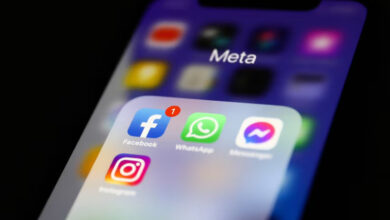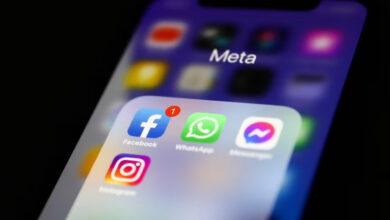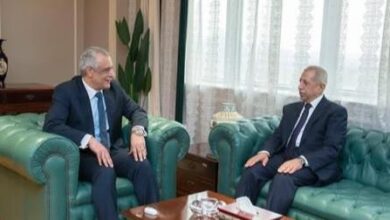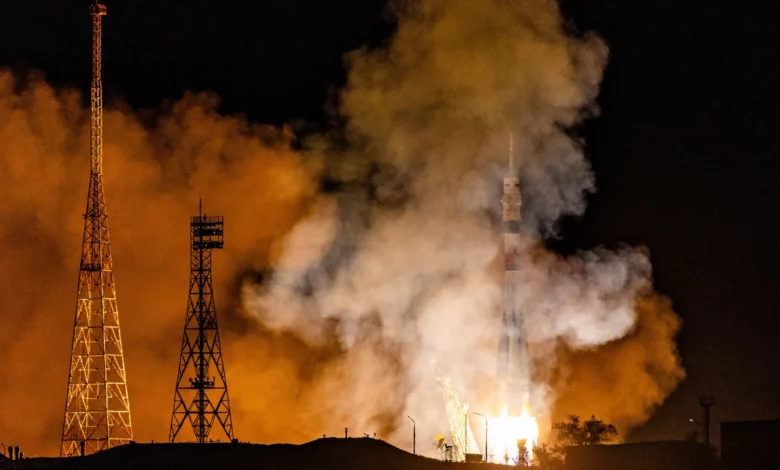
The Soyuz MS-24 spacecraft launched from the Baikonur Cosmodrome in Kazakhstan at 11:44 a.m. ET and began a quick, three-hour trajectory to rendezvous with the space station.
The crew on board includes NASA’s Loral O’Hara, a former research engineer at Woods Hole Oceanographic Institution in Massachusetts who was selected to the NASA astronaut corps in 2017. Flying alongside her are two Russian colleagues, Oleg Kononenko and Nikolai Chub.
Once at the space station, the group will prepare to take over operations from a trio of crew members that have been on the space station for nearly a year after launching aboard the Soyuz MS-22 vehicle.
That spacecraft sprang a coolant leak in December 2022, which officials from NASA and Russia’s space agency, Roscosmos, later said was caused by an external impact — likely a piece of space debris striking the vehicle’s exterior as it was docked with the ISS.
Roscosmos determined that the MS-22 was not safe enough to carry a crew home and launched a replacement spacecraft in February. That left the MS-22 crew stuck on the orbiting laboratory while Roscosmos prepared another vehicle to resume regular crew rotations.
The MS-22 crew includes NASA astronaut Frank Rubio, whose unexpected extended stay in space broke the US record for the most consecutive days in orbit earlier this month.
After O’Hara, Kononenko and Chub arrive and take over operations, Rubio and his crewmates are expected to make their long-awaited return to Earth as soon as September 27. That would give Rubio a total of 371 days in space, besting the previous record by more than two weeks. (The late Russian cosmonaut Valeri Polyakov, who logged 437 continuous days in orbit, still holds the global record for the longest mission in space.)
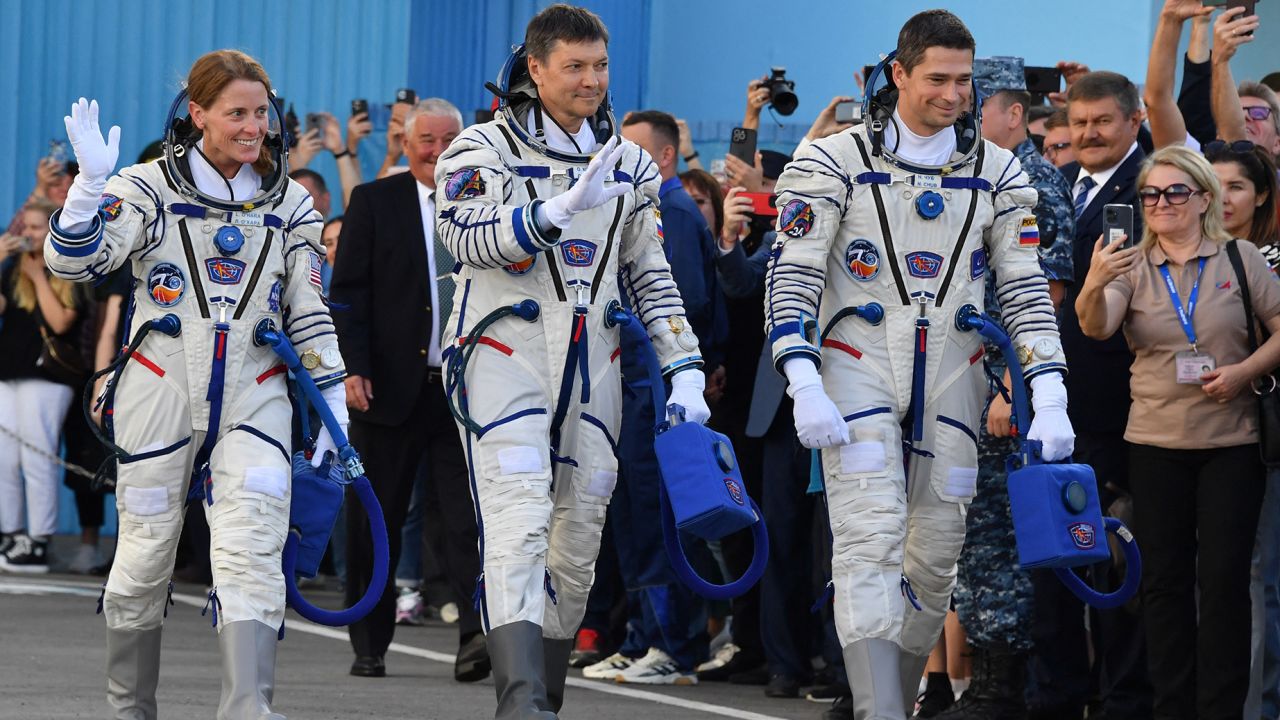
Rubio will also become the first American astronaut to spend a full calendar year in space.
Rubio — and now O’Hara — traveled aboard Russian Soyuz vehicles as part of crew-swapping agreement between NASA and Roscosmos that was hashed out in the summer of 2022. In exchange, NASA’s ISS transportation partner, SpaceX, has included Russian cosmonauts on its flights to the ISS.
Despite geopolitical tensions between the United States and Russia as the war in Ukraine has escalated, NASA has repeatedly said its partnership with Roscosmos is vital to continuing the space station’s operations and the valuable scientific research carried out on board.
The most recent SpaceX flight arrived at the space station in August, carrying astronauts from NASA, Roscosmos, the Japan Aerospace Exploration Agency and the European Space Agency.

